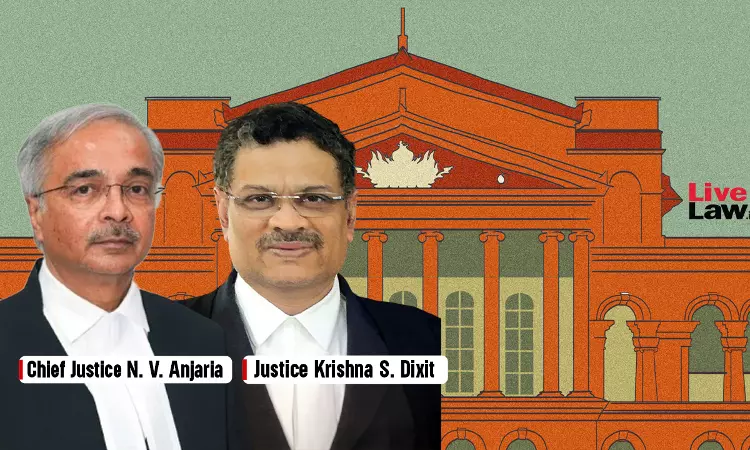Karnataka High Court Initiates Suo Moto PIL To Streamline Procedure For Compliance With Court Orders, Directions
Mustafa Plumber
9 April 2024 9:00 AM IST

Next Story
9 April 2024 9:00 AM IST
The Karnataka High Court on Monday initiated suo-motu a public interest litigation to streamline the procedure for compliance with the orders and directions of the courts. A division bench of Chief Justice N V Anjaria and Justice Krishna S Dixit said, “It is necessary that at the hierarchies of Government, a proper and effective machinery is created to oversee the regard, respect...
